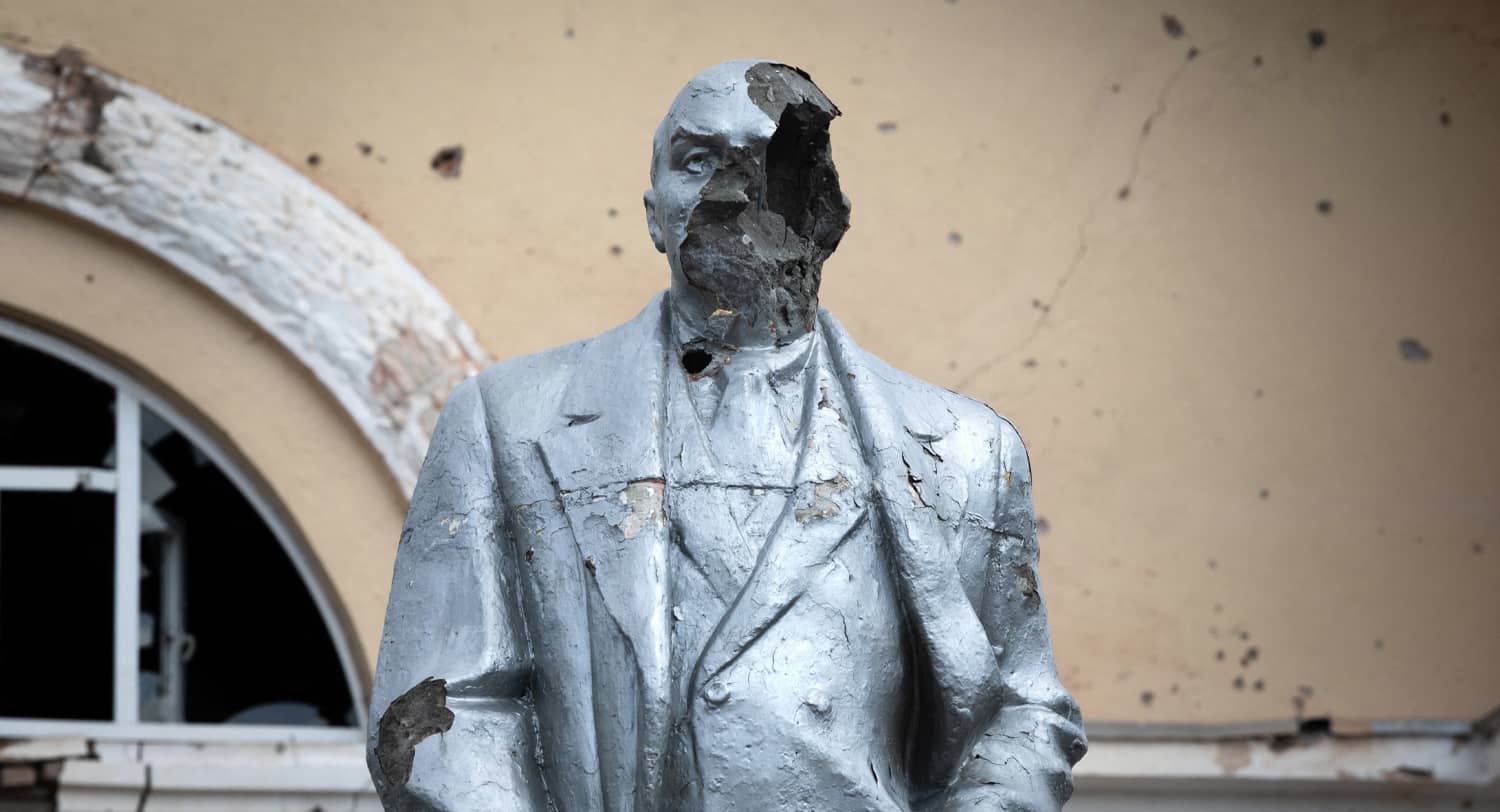Beijing has argued for a truce and negotiations between Moscow and Kyiv since the Russian invasion began two and a half years ago. Ukraine’s occupation of parts of Russia’s Kursk region could lend new urgency to the Chinese position.
If the Ukrainian offensive is not quickly and completely repulsed by Moscow, the Ukrainian bargaining positions and leverage in hypothetical negotiations will change. Until now, Kyiv had to rely – in its communication with foreign partners – on moral, normative and legal arguments, which referred to the rules-based world order established in 1945. Now, a less principled and more transactional “land-for-land” deal between Russia and Ukraine has become theoretically possible as well.
The new Ukrainian war strategy has opened up a broader spectrum of opportunities for influence on the international stage, not only among doves in the Russian leadership but also among Russia’s non-bellicist partners. Moderate forces in Russia’s government and non-Western countries interested in ending the war can now argue that the Russian annexations in Ukraine should be reversed in return for restoration of Russia’s territorial integrity. The longer Ukraine can keep its conquered territories in Russia, the greater the pressure will be on Putin to bring them back under Moscow’s control – whether by military or diplomatic means.
If Russia cannot fend off the Ukrainian invasion with conventional weapons, it could try to do so, of course, using nuclear or other weapons of mass destruction. However, this kind of escalation would resonate throughout the international community and fundamentally change the war’s dimensions. The outcome of the “special military operation” in 2022 would then become unpredictable not only for Ukraine, but also for Russia. Even Russian partners such as Beijing and New Delhi could reposition themselves in the face of an unpredictably escalatory Moscow – a change that could spell disaster for the Russian economy.
Thus continued humiliation (through Ukrainian occupation) and dramatic escalation (via nuclear weapons) are both risky for the Russian regime. A diplomatic “land-for-land” solution could become the preferred outcome not only for parts of the Russian elite, but also for foreign governments. The main focus would be less on the West, which supports Ukraine in any case, and more on the non-Western countries that have been officially neutral in the war – first and foremost that of Beijing.
Over the past two and a half years, China, Brazil and other non-Western nations have argued for immediate and unconditional negotiations between Moscow and Kyiv. So far, these proposals have implied Ukrainian concessions to Russian territorial and political appetites. Since the beginning of August this year, Ukraine’s seizure of Russian territory has been providing the basis for a more just peace agreement between the two states. The million-dollar question now is whether and how officially peace-loving and negotiation-promoting non-Western countries, above all China, will react to this new situation.
To be sure, Vladimir Putin and other representatives of the Russian regime have rushed to make clear that Ukraine’s invasion of Russia has made negotiations impossible. So far, Moscow is only prepared to end the war through either a military or diplomatic victory over Kyiv, and not through a solution acceptable to both sides. However, Russia is economically and technologically highly dependent on the support of its international partners.
Some of the foreign countries economically or politically important to Russia, such as China, India and Brazil, may have domestic and foreign policy interests in peace, or at least a truce, sooner rather than later. The coming weeks will show whether Beijing or another capital might be willing to seize the opportunity and persuade Moscow to the negotiating table.

